All India Coordinated Research project on Arid Zone Fruits
ICAR-Central Institute for Arid Horticulture
| Title of the Project |
: |
All India Coordinated Research project on Arid Zone Fruits |
| Year of start of the project |
: |
1976 |
Introduction
Research work on arid zone fruits was initiated under the ad-hoc Scheme entitled, " Research on some selected fruits of the arid and semi-arid areas in India" financed by the AP Cess Fund of ICAR in 1976 at 10 Centres (Abohar, Jodhpur, Chandan Well, Hisar, Khedoi, Rahuri, Lahaul, Yercaud, Bengaluru and Udaipur). The Scheme was merged during the VIth Five Year Plan to form the Cell III of the All India Coordinated Fruit Improvement Project (AICFIP) in 1978. During the VIIth Five Year Plan, the Cell III of the AICFIP was restructured to form an independent Project entitled, " All India Coordinated Research Project on Arid Zone Fruits", which was later strengthened during the VIIIth Five Year Plan.
At present, the project has 18 Centres spread over 11 states of the Country i.e. four in Rajasthan, four in Maharashtra, two in Gujarat and Uttar Pradesh and one each in Punjab, Madhya Pradesh, Andhra Pradesh, Tamil Nadu, Karnataka and Haryana. The present manpower provisions in the Project consists 38 Scientists, 36 technical, and 44 supporting personnel.
Objectives
i) To develop suitable and sustainable technologies for growing fruit crops like ber, date palm, aonla, pomegranate, fig, custard apple, bael, tamarind, and some under exploited arid fruit crops
ii) Evolving cost-effective disease and insect/pests management practices.
Name of the centres: At SAU's
- Horticultural Research Station (Dr YSRHU) DCMS Building, Kamalanagar, Anantapur-515991 (AP)
- College of Horticulture (SDAU), Sardar Krushinagar, Banaskantha- 385506 (Gujarat)
- Date Palm Research Station, ( SDAU), Mundra- Kuchchh -370421(Gujarat)
- Regional Research Station (CCSHAU), Bawal, Rewari, 123501 (Haryana)
- Department of Horticulture, Mahatma Phule Krishi Vidyapeeth, Rahuri, 413722 (MS)
- Fig & Custard Apple Research Station (MPKV) Jadhavwadi-, Distt-Pune (MS)
- Custard Apple Research Station (VNMKV) Ambajogai- 413517 Distt. Beed (MS)
- Regional Fruit Research Station (PAU) Abohar-152116 (Punjab)
- Date Palm Research Centre (SKRAU), Bikaner- 334006 (Rajasthan)
- Department of Horticulture (SKAU),SKN Agriculture University, Jobner 303329 (Rajasthan)
- College of Horticulture and Forestry (KAU), Jhalrapatn City- Jhalawar-326001( Raj.)
- Regional Research Station (TNAU), Kovilangulam Aruppukottai 626107 (TN)
- Department of Horticulture, NDUA&T, Kumarganj- Faizabad-224229 (U.P.)
- Department of Horticulture JNKVV, Jabalpur-482004 (Rajasthan)
At ICAR Institutes
- ICAR-Central Institute for Arid Horticulture, Bikaner-334006 (Rajasthan)
- IIHR, Hessarghatta Lake Post, Bengaluru-560089 (Karnataka)
- Central Institute for Sub-tropical Fruits, Rehmankhera Lucknow -227 107
- ICAR-National Research Centre on Pomegranate, NH-9, Solapur, Pune Highway, Kegon, Solapur-413 255
Significant achievement
(i) Research Achievements
- Pomegranate variety Phule Arakta and Bhagwa have been reported as the most promising for Maharashtra and Andhra Pradesh and Karnataka.
- Aonla varieties NA-7, Chakaiya, Kanchan and NA-6 have been found most promising uniformly all over the arid region.
- Date palm varieties Halawy, Barhee and Medzool are reported to be most suitable for date growing regions.
- Custard apple varieties Island Gem, Bullocks Heart and Mammoth are reported as suitable in Karnataka, Andhra Pradesh and Maharashtra. Aruppukottai centre has released new variety of custard apple APK (Ca) 1 for TN region.
- Fig varieties Conadria, Poona Fig and Dianna are reported as suitable for fig growing areas.
- IIHR has released Arka Sahan variety of custard apple.
- Softwood-grafting technique has been standardized in custard apple.
- In pomegranate 5 x 2.5 m spacing has been recommended for high density planting.
- In-situ (5% slope) water harvesting and alternate day drip irrigation has been recommended for water management
- In most of the arid fruit crops NPK doses have been standardized.
- In aonla orchard NA-6 has been recommended best pollinizer for NA-7 cultivar.
- In custard apple hand pollination recommended for uniform and better fruit size.
- Pre harvest and post harvest schedules have been standardised in ber, aonla, pomegranate and date palm. Recipes of value added products in date palm, ber, pomegranate and aonla have also been standardized.
- In all arid fruit crops chemical and cultural schedules have been standardized for most of the diseases and pests.
(ii) Technology developed
- For higher fruit yield in ber, a spacing of 8x8 m has been recommended by the centre for Tamil Nadu region.
- Rainwater harvesting at 5% surface slope has been recommended for obtaining higher fruit yield in ber.
- In case of ber var. Gola has been found to be suitable for very dry areas, Kaithali for slightly higher rainfall areas and Umran for moderate arid and semi-arid areas.
- Pomegranate variety Phule Arakta and Bhagwa have been reported as the most promising for Maharashtra and Andhra Pradesh and Karnataka (MPKV, Rahuri and Dr YSRAU, Anantapur), Jalore Seedless and Jodhpur Red for Rajasthan (SKRAU).
- Aonla varieties NA-7, Chakaiya, Kanchan and NA-6 have been found most promising uniformly all over the region. Date palm varieties Halawy, Barhee and Medjool are reported to be most suitable for date growing regions. Custard apple varieties Island Gem, Bullocks Heart and Mammoth are reported as suitable in Karnataka, Andhra Pradesh and Maharashtra. Fig varieties Condaria, Poona Fig and Dianna are reported as suitable for fig growing areas.
- IIHR has released Arka Sahan of custard apple hybrid having smooth skin, attractive pulp colour and sweetness with less seeds. MPKV, Rahuri has released Hybrid 61 (Mridula) of pomegranate having red aril colour, very soft seed and other desirable characters.
- In fertilizer dose with combination of 100 g N, 50 g P2O5, 50 g K2O per plant per year (800 g N, 400 g P2O5 and 400 g K2O of 8 year old plant) is recommended for commercial cultivation of bael in Uttar Pradesh by Faizabad centre.
- Pomegranate bark eating caterpillar can be effectively checked by spraying the infested bark with any of the pesticides like monocrotophos 36 WSC (0.08%), Fenvalerate (20 EC (0.04%), Quinalphos 25 EC (0.08%).
- For ber powdery mildew, 2-4 sprays of dinocap or carbendazim or triedomorph or thiophenate methyl (0.1%) or wettable sulfur (0.2%) at 15-20 days interval were found effective during the most vulnerable period starting with the onset of the disease.
- Khalal stage of cv. Medjool has been found appropriate for making best quality dry dates in Kachchh region of India.
(iii) Hybrid / Varieties developed
Pomegranate
Rahuri Centre- Maridula, G-137, Bhagwa, Phule Arakta
Fig
Rahuri Centre- Dianna, Poona Fig
Custard Apple
Bangalore Centre- Arka Sahan,
Aruppukottai Centre- APK (Ca)-1
Ber
Faizabad Centre- Narendra Ber-1 & Narendra Ber-2
Bael
Faizabad Centre- Narendra Bael-5 and Narendra Bael- 9
Aonla
Faizabad Centre- Narendra Aonla-7, NA-6, NA-10
(iv) Technological Breakthrough
- Pomegranate variety Phule Arakta and Bhagawa have been reported as the most promising for Maharashtra and Andhra Pradesh and Karnataka.
- Aonla varieties NA-7, Chakaiya, Kanchan and NA-6 have been found most promising uniformly all over the region.
- Date palm varieties Halawy, Barhee and Medjool are reported to be most suitable for date growing regions.
- Custard apple varieties Island Gem, Bullocks Heart and Mammoth are reported as suitable in Karnataka, Andhra Pradesh and Maharashtra and Aruppukottai centre has released new variety APK (Ca) 1 for TN region.
- Fig varieties Condaria, Poona Fig and Dianna are reported as suitable for fig growing areas.
- IIHR has released Arka Sahan of custard apple.
- Softwood-grafting technique has been standardized in custard apple.
- In pomegranate 5 x 2.5 m spacing has been recommended for high density planting.
- In-situ (5% slope) water harvesting and alternate day drip irrigation has been recommended for water management.
- In most of the arid fruit crops NPK doses have been standardized.
- In aonla orchard NA-6 has been recommended best polinizer for NA-7.
- In custard apple hand pollination recommended for uniform and better fruit size.
- Pre harvest and post harvest schedules have been standardised in ber, aonla, pomegranate and date palm. Recipes of value added products in date palm, ber, pomegranate and aonla have also been standardized.
- In all arid fruit crops chemical and cultural schedules have been standardized for most of the diseases and pests.
 ICAR-Central Institute for Arid Horticulture
ICAR-Central Institute for Arid Horticulture

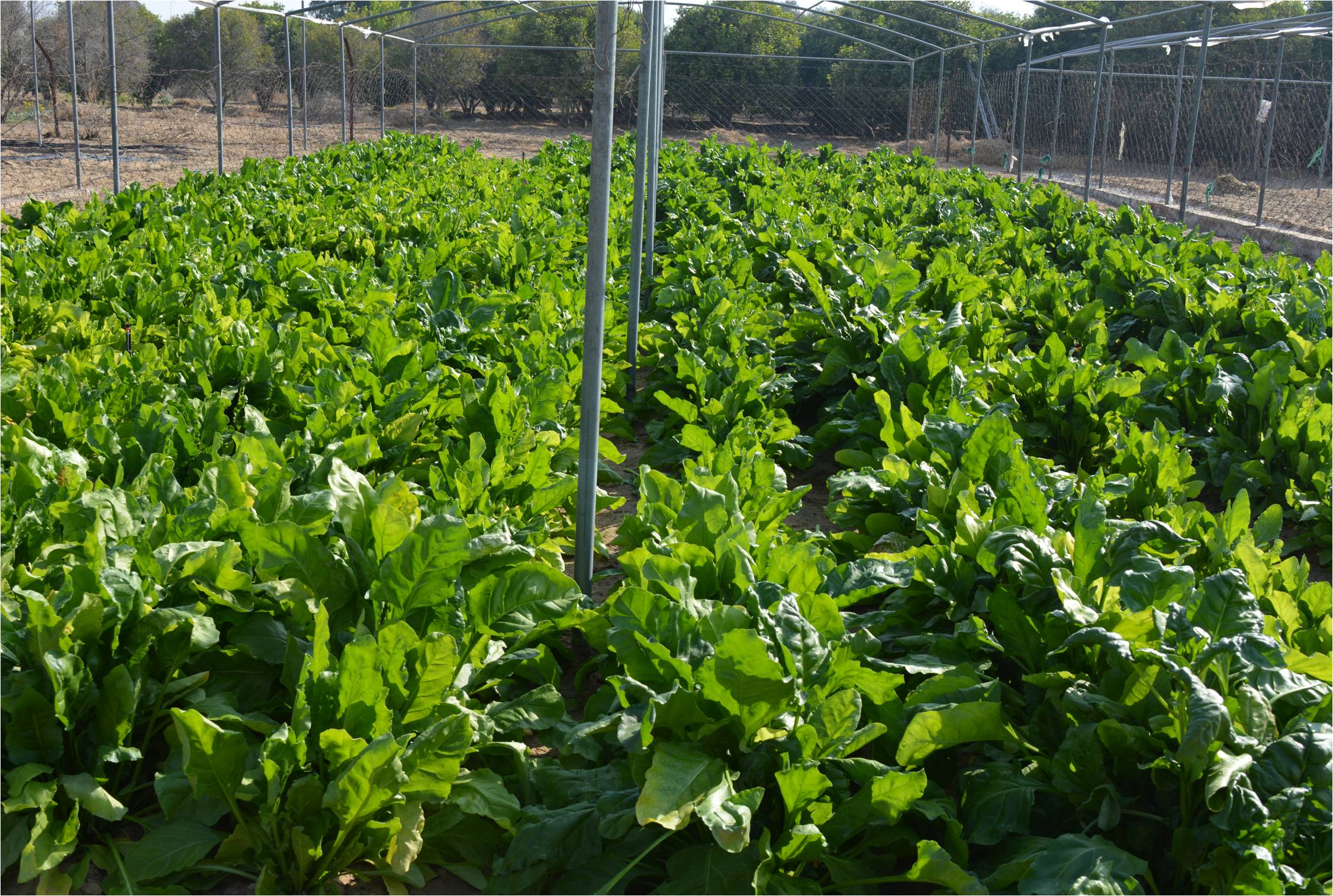
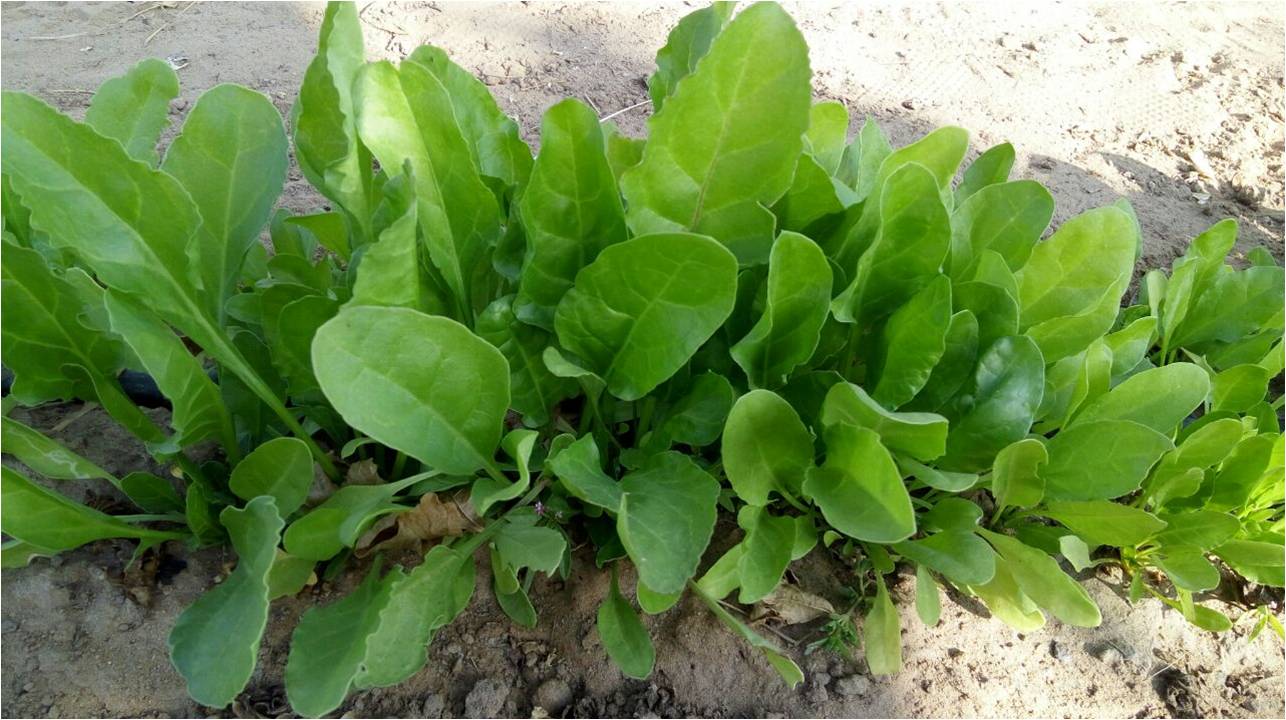
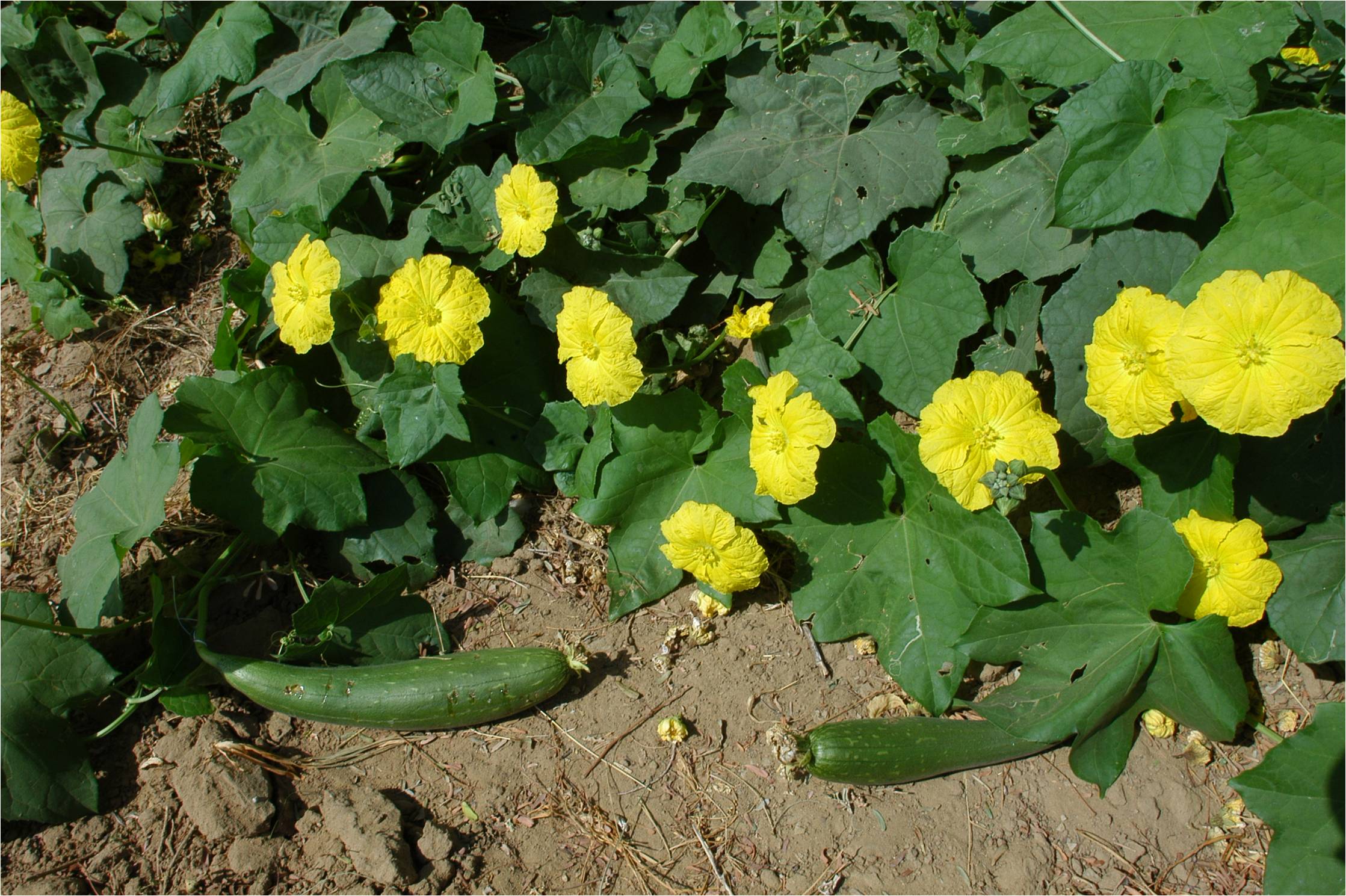
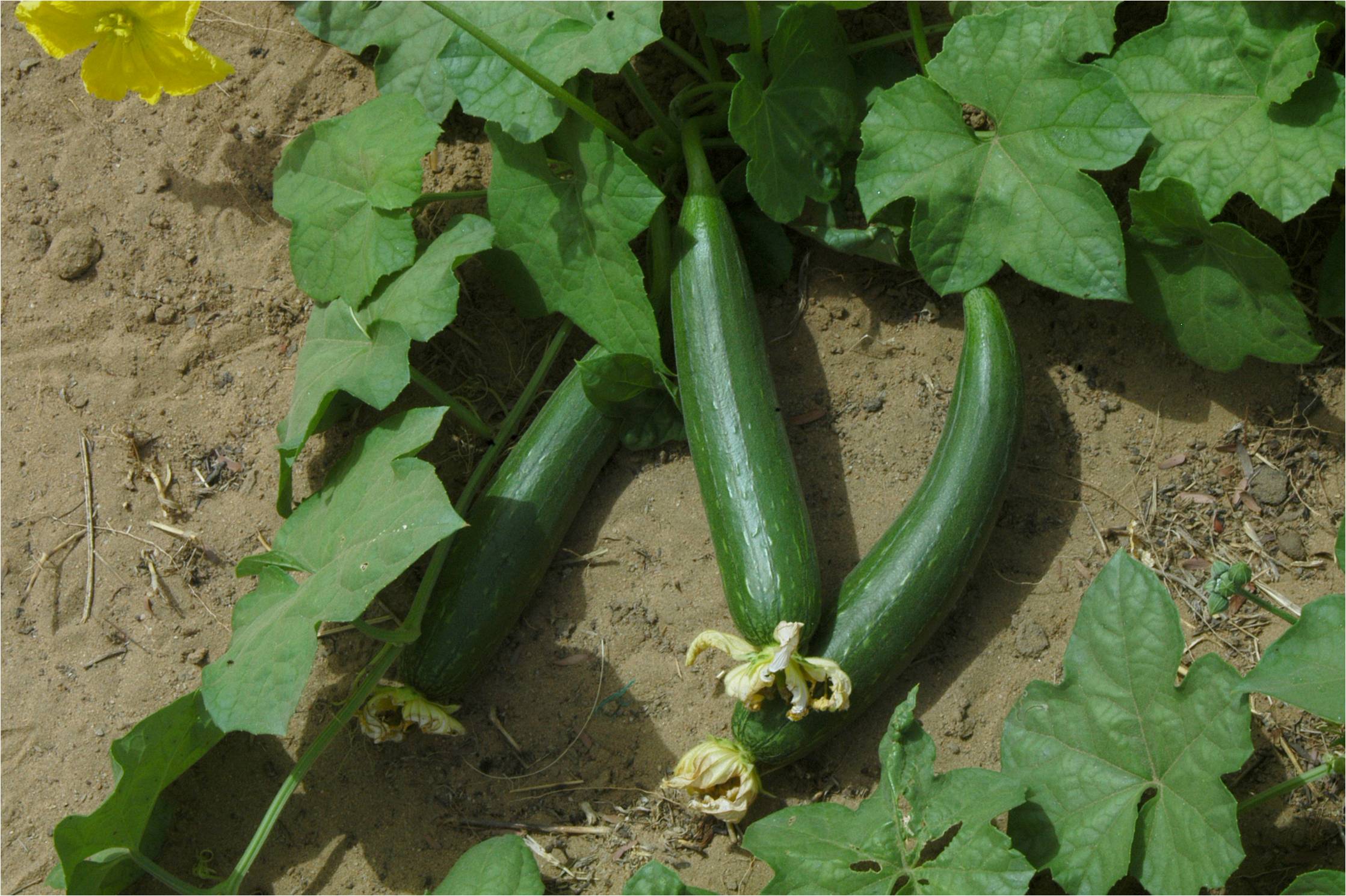
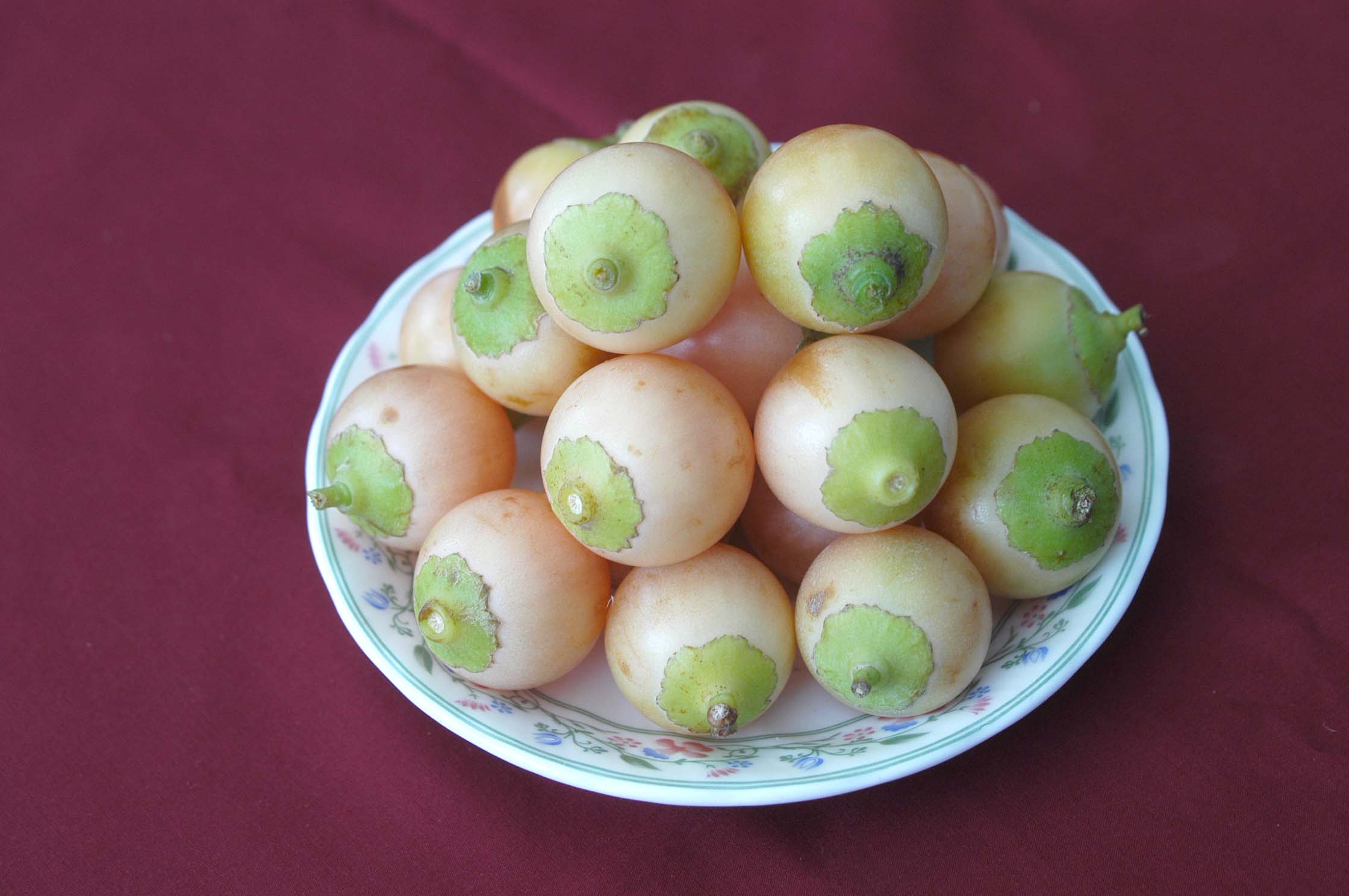

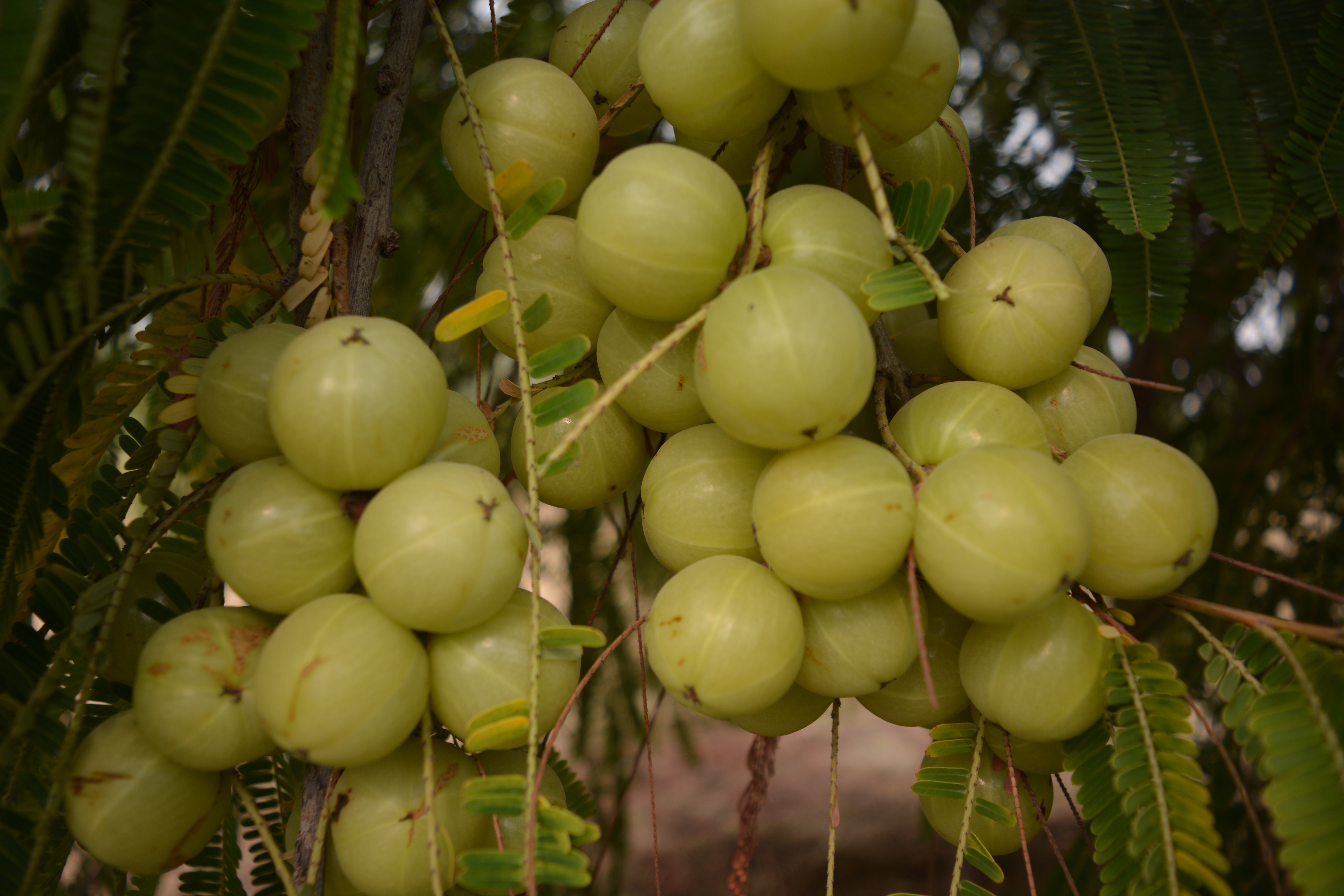




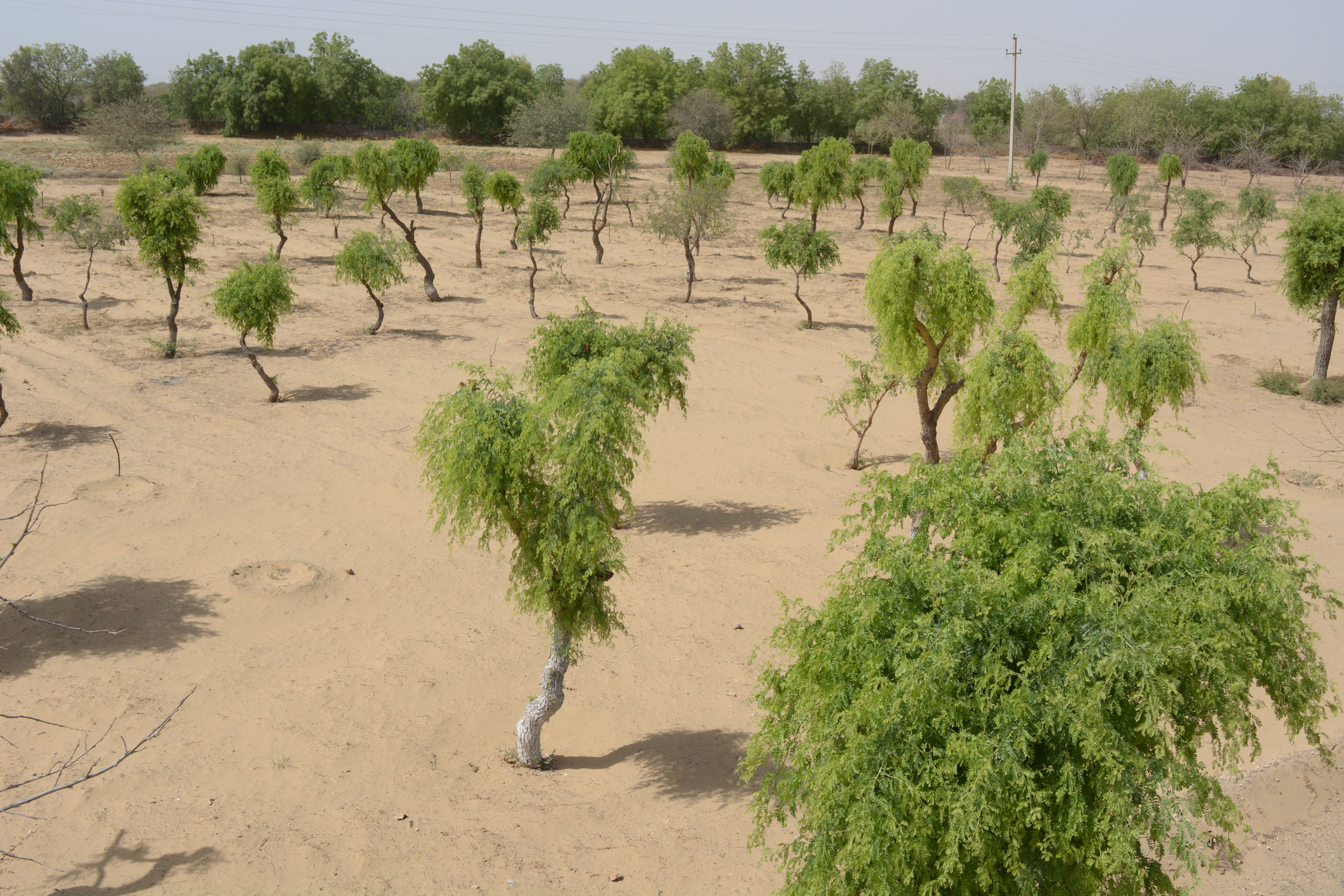




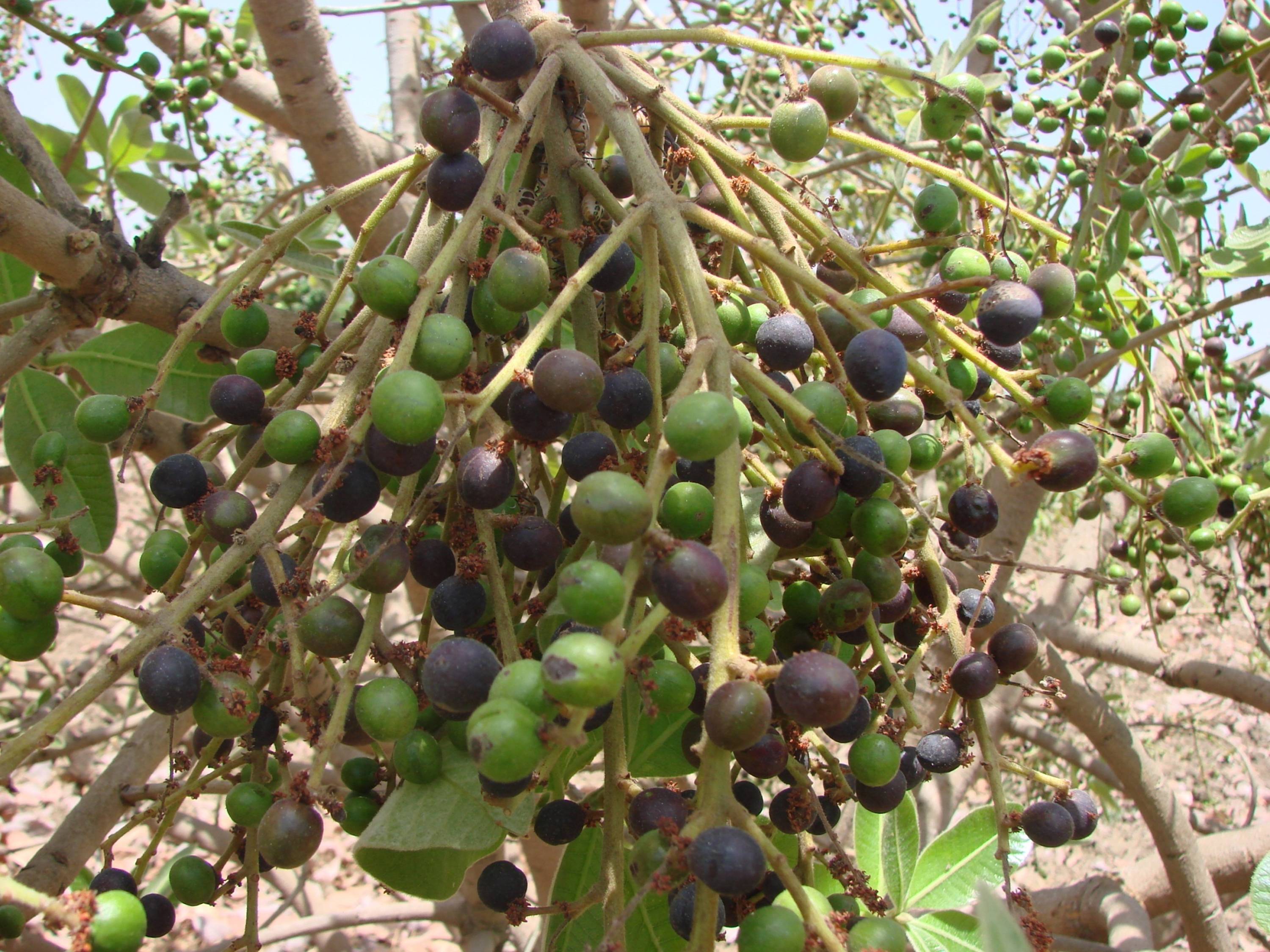

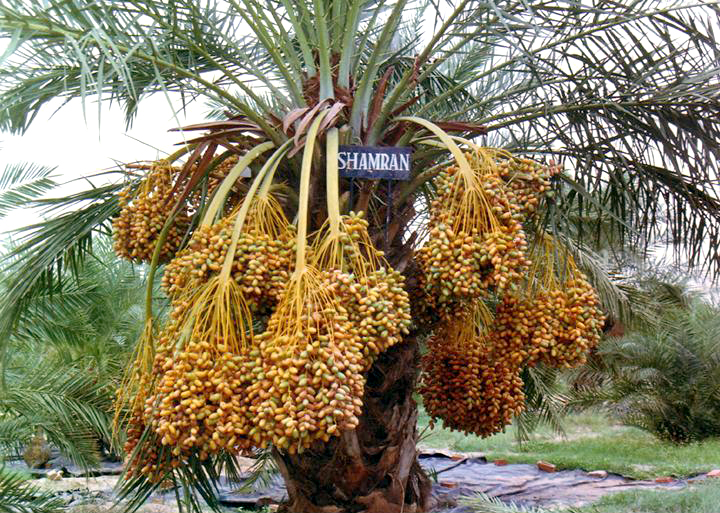


 ICAR-Central Institute for Arid Horticulture
ICAR-Central Institute for Arid Horticulture





















